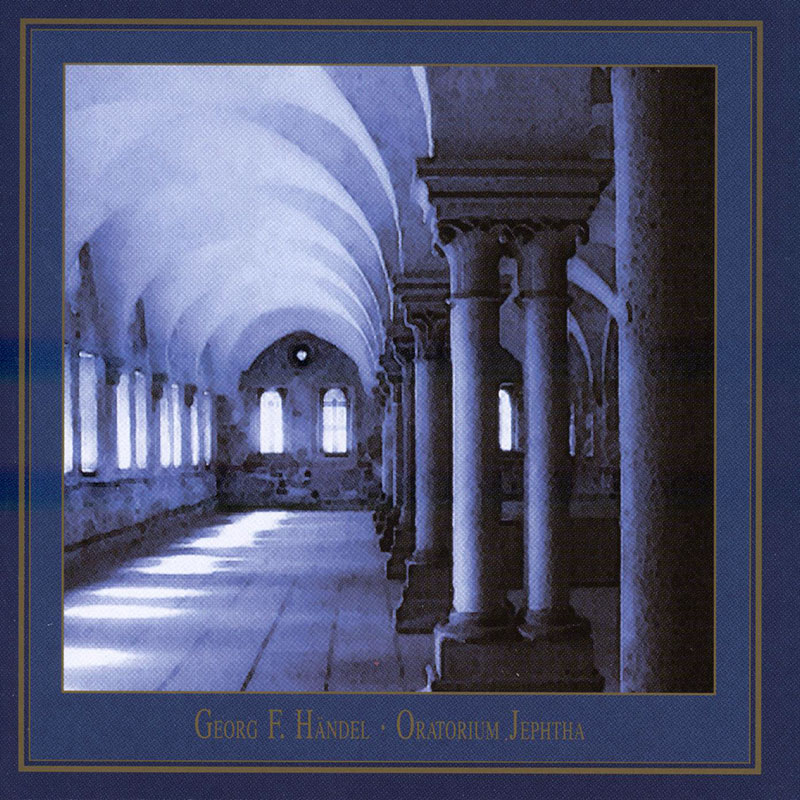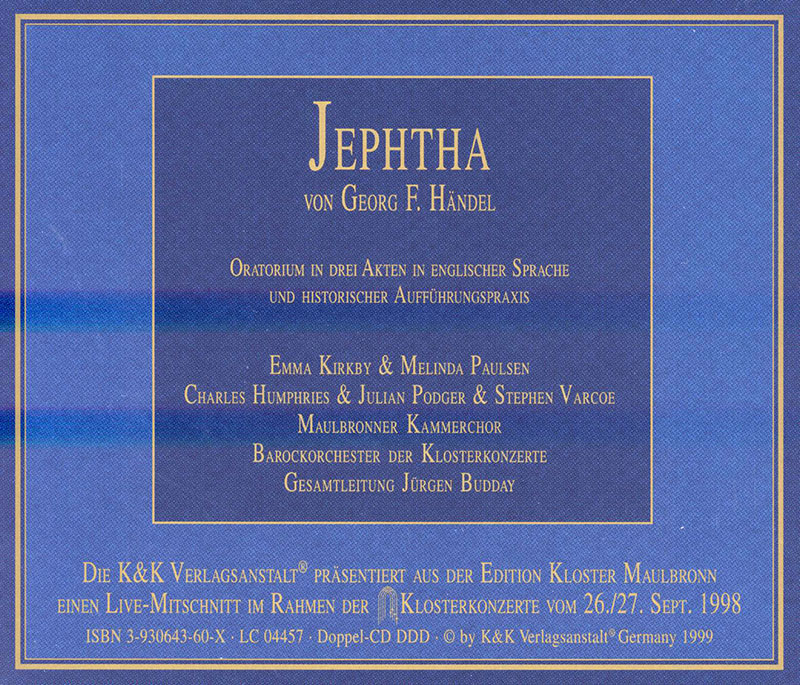Logowanie
Dlaczego wszystkjie inne nie brzmią tak jak te?
Chai Lang, Fan Tao, Broadcasting Chinese Orchestra
Illusive Butterfly
Butterly - motyl - to sekret i tajemnica muzyki chińskiej.
SpeakersCorner - OSTATNIE!!!!
RAVEL, DEBUSSY, Paul Paray, Detroit Symphony Orchestra
Prelude a l'Apres-midi d'un faune / Petite Suite / Valses nobles et sentimentales / Le Tombeau de Couperin
Samozapłon gwarantowany - Himalaje sztuki audiofilskiej
PROKOFIEV, Stanislaw Skrowaczewski, Minneapolis Symphony Orchestra
Romeo and Juliet
Stanisław Skrowaczewski,
✟ 22-02-2017
BARTOK, Antal Dorati, Philharmonia Hungarica
Dance Suite / Two Portraits / Two Excerpts From 'Mikrokosmos'
Samozapłon gwarantowany - Himalaje sztuki audiofilskiej
ENESCU, LISZT, Antal Dorati, The London Symphony Orchestra
Two Roumanian Rhapsodies / Hungarian Rhapsody Nos. 2 & 3
Samozapłon gwarantowany - Himalaje sztuki audiofilskiej
Winylowy niezbędnik
ClearAudio
Cartridge Alignment Gauge - uniwersalny przyrząd do ustawiania geometrii wkładki i ramienia
Jedyny na rynku, tak wszechstronny i właściwy do każdego typu gramofonu!
ClearAudio
Harmo-nicer - nie tylko mata gramofonowa
Najlepsze rozwiązania leżą tuż obok
IDEALNA MATA ANTYPOŚLIZGOWA I ANTYWIBRACYJNA.
Wzorcowe
Carmen Gomes
Celebrating the art and spirit of music - vol. 5 - Reference Songs
- CHCECIE TO WIERZCIE, CHCECIE - NIE WIERZCIE, ALE TO NIE JEST ZŁUDZENIE!!!
Petra Rosa, Eddie C.
Celebrating the art and spirit of music - vol. 3 - Pure
warm sophisticated voice...
SAMPLER - STS DIGITAL, Gregor Hamilton
Celebrating the art and spirit of music - vol. 2 - Love songs from Gregor Hamilton
...jak opanować serca bicie?...
SAMPLER - STS DIGITAL
Celebrating the art and spirit of music - vol. 1 - Leonardo Amuedo
Największy romans sopranu z głębokim basem... wiosennym
Lils Mackintosh
Celebrating the art and spirit of music - vol. 4 - A Tribute to Billie Holiday
Uczennica godna swej Mistrzyni
HANDEL, Emma Kirkby, Jurgen Budday, Maulbronn Chamber Choir
Jephtha

- Emma Kirkby - soprano
- Maulbronn Chamber Choir - choir
- Jurgen Budday - conductor
- HANDEL
NAGRANIE ZE SŁYNNEJ KOLEKCJI KLASZTORU MAULBRONN - najlepsza akustyka na świecie!
The English Oratorio HWV 70, performed according to the traditions of the time by Emma Kirkby (Soprano), Melinda Paulsen (Mezzo-Soprano), Charles Humphries (Countertenor), Julian Podger (Tenor), Stephen Varcoe (Bass), Monastery Baroque Orchestra, Maulbronn Chamber Choir (Maulbronner Kammerchor) Conductor: Jürgen Budday A concert recording from the church of the German UNESCO World Heritage Site Maulbronn Monastery DDD · Double Album · c. 150 Minutes Performance & Opus This recording is part of a cycle of old testament oratorios by G. F. Handel and is one of the many concerts performed at Maulbronn monastery over the past years. The series combines authentically performed baroque oratorios with the optimal acoustics and atmosphere of this unique monastic church. This ideal location demands the transparency of playing and the interpretive unveiling of the rhetoric intimations of the composition, which is especially aided by the historically authentic performance. The music is exclusively performed on reconstructed historical instruments, which are tuned to the pitch customary in the composers lifetime (a = 415 Hz). "Jephta" was Handel's last work of great dimensions. It was written in 1751 in London. It was performed for the first time at Covent Garden at february, 26. in 1752. Händel's last dramatical work was in the same time the most poetic of his oratories. The tension is not created by action but by the inner aspect of Jephta'ss unsolvible solitude. Expelled from Gilead by his half-brothers, he grows up in exile and becomes a god-fearing army commander, while Gilead is suppressed by the Ammonites. After 18 years of slavery, the eldest of Gilead ask Jephta to free them from their tyrants. As army commander, Jephta swears his god Jehova to sacrifice to him the first creature he will meet after victory. He can't see that it's his own daughter Iphis to take this burdon upon her shoulders. The desperation of Jephta, mother Storge and lover Hamor is met by the courage of Iphis, who comes to show herself as a true heroine. The tragical conflict of the sacrifice of his own daughter is turned to a good end, inspite of the outlines of the old testament. The music is of an overwhelming forcefulness and beauty. Jephta's importance is based in the first place on the imposing choir scenes. The choir has double function: at one hand he takes part in action actively, on the other hand he stays in the backround and comments on the story. “The upbeat in the CD edition is a drum beat... the technical sounding, outstandingly successful recording supplies the discography of the work with an interesting and worth listening to variant on the recordings by Harnoncourt, Gardiner, Marriner and Creed.” (Dr. Karl-Georg Berg, DIE RHEINPFALZ)
























